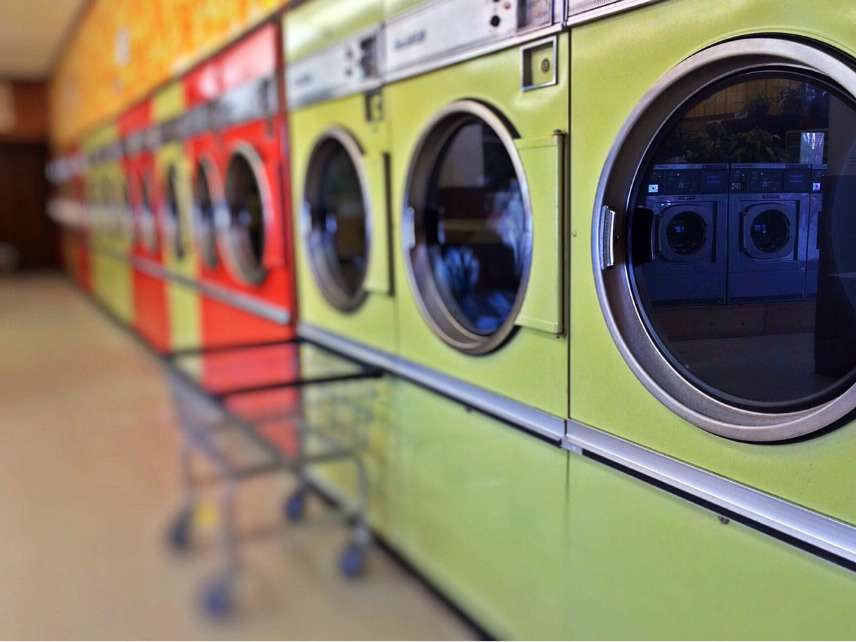Trump's Deregulation Drive Stops at the Border
The International Trade Commission recommends the president impose hefty tariffs on washing machines.

The Trump administration is an increasingly mixed bag for free market types; deregulating the domestic economy with one hand, placing more barriers on international trade with the other.
Yesterday, Trump's FCC Chairman Ajit Pai announced a major rollback of heavy-handed Obama-era internet regulations; a decision greeted with applause here at Reason.
Buried by that news, however, was the International Trade Commission announcement recommending 50 percent tariffs on imported washing machines.
The recommendation concludes an investigation started in May at the behest of U.S. manufacturer Whirlpool, who had complained that it was suffering unduly from a flood of cheap foreign washers entering the country.
The ITC in October found that "large residential washers are being imported into the United States in such increased quantities as to be a substantial cause of serious injury to the domestic industry."
Tuesday's recommendation gives Trump unilateral authority to impose tariffs should he so choose. This White House has no reluctance to throw up trade barriers.
Trump's Commerce Secretary Wilbur Ross slapped antidumping duties of roughly 20 percent on imported Canadian lumber in April. In September, a staggering 220 percent tariff was imposed on Canadian jet maker Bombardier.
Apart from an apparent animus toward our northern neighbor, was the U.S. government claim that Canada was unfairly subsidizing its lumberjacks and jet makers, who were "dumping" artificially cheap products into the U.S. market.
The ITC isn't even trying to make that claim, instead basing its recommendation on "substantial injury" from cheaper foreign competition.
For the crime of competing, the four-member commission recommended a 50 percent tariff on each washer above a 1.2 million washer quota. Two commissioners recommended a further 20 percent tariff on those first 1.2 million washers, but this failed to garner the support of the rest of the commission.
This marks the second time in recent months the ITC has recommended the president impose tariffs on foreign imports based on a finding of "substantial injury." In late October, the Commission urged Trump to impose tariffs on cheap imported solar panels which are eating into the market share of U.S.-based solar manufacturers.
The New York Times notes that these two tariffs recommendations are based on an obscure section of trade law, known as Section 201, which was last used to initiate a trade action in 2001.
Trump has yet to explicitly say he will follow through with these tariff recommendations. However, his recent comments on the topic give every indication he will.
During his recent Asia trip, Trump made a speech in which he accused the United States' foreign trade partners of "product dumping, subsidized goods, currency manipulation and predatory industrial policies."
"We can no longer tolerate these chronic trade abuses, and we will not tolerate them," said the president.
As Reason has noted previously, imposing tariffs in response to these supposedly unfair trade practices is unwise. Imposing them when there isn't even an allegation of unfair trade practices is almost incomprehensible.
Were Trump to act on that recommendation he would be protecting a handful of domestic manufacturing firms at the expense of the vast majority of American consumers and businesses who buy cheap foreign imports.
Doing so would be a real step back for an administration that has otherwise been working diligently to reduce the federal government's regulatory burden on those same consumers and businesses.
Rent Free is a weekly newsletter from Christian Britschgi on urbanism and the fight for less regulation, more housing, more property rights, and more freedom in America's cities.


Show Comments (42)